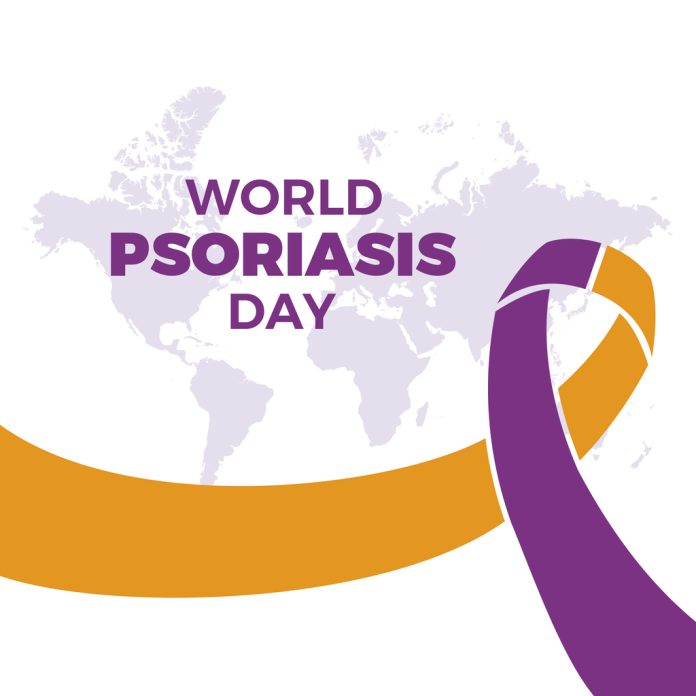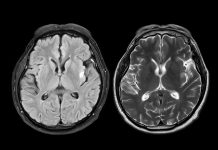Every year on 29 October, World Psoriasis Day raises awareness of the 125 million people worldwide living with psoriasis and psoriatic arthritis (PsA)
These chronic conditions not only affect the skin and joints but also the quality of life of patients. This year’s observance highlights how European research, powered by innovation and collaboration, is paving the way for earlier diagnosis and personalised treatment of PsA.
Transforming PsA diagnosis through Artificial Intelligence
The iPROLEPSIS project, which is funded under the Horizon Europe programme, is taking a step toward revolutionising PsA management.
Coordinated by Professor Leontios Hadjileontiadis, the project is developing advanced tools to detect psoriatic arthritis early, long before irreversible joint damage occurs.
Psoriatic arthritis often develops in people who already have psoriasis, but its early symptoms can be subtle or mistaken for other conditions. Delayed diagnosis can lead to permanent joint deformities and reduced mobility. iPROLEPSIS is hoping to change this by creating a predictive.
By combining data from genetics, imaging, clinical records and digital biomarkers, iPROLEPSIS builds patient profiles that can signal early warning signs of PsA.
These profiles enable personalised diagnostic and treatment pathways, helping healthcare professionals deliver targeted interventions tailored to each individual’s disease pattern and likely progression.
Using AI for personalised, preventive care
Artificial intelligence is the most important of iPROLEPSIS. Through machine learning algorithms and large-scale data analysis, the project integrates patient feedback, medical histories, and digital health data to generate precise predictive models. This data-driven approach allows healthcare providers to identify high-risk psoriasis patients even before they develop musculoskeletal symptoms.
The use of AI improves clinical precision and speed, reducing reliance on subjective assessments and the need for later referrals. It also bridges the gap between dermatology and rheumatology. By using these disciplines under a shared digital framework, iPROLEPSIS promotes a more holistic and proactive model of care.
The insights generated through iPROLEPSIS contribute to broader healthcare strategies. The project’s findings can help inform policy decisions, optimise resource allocation, and improve the overall management of chronic inflammatory diseases across Europe.
Overcoming barriers in implementation
Introducing AI-driven solutions into healthcare systems still has its challenges. The project has had to navigate complex ethical approval processes and varying data governance frameworks across European countries. Ensuring patient privacy and data security remains a top priority, though it can slow progress in accessing and integrating medical records.
Technological interoperability also has its hurdles. Differences between electronic health record systems and smartphone operating systems have created obstacles to deploying mobile health tools and ensuring smooth digital communication across platforms. Despite these barriers, the iPROLEPSIS team continues to adapt its strategies to maintain ethical compliance and technological reliability.
The success of iPROLEPSIS is down to strong European collaboration. Horizon Europe funding has been an essential part of this success, not just because of the funding, but also because it is a platform for cooperation between clinicians, researchers, industry experts, and patient representatives. This partnership ensures that the solutions developed are both scientifically robust and clinically relevant.








